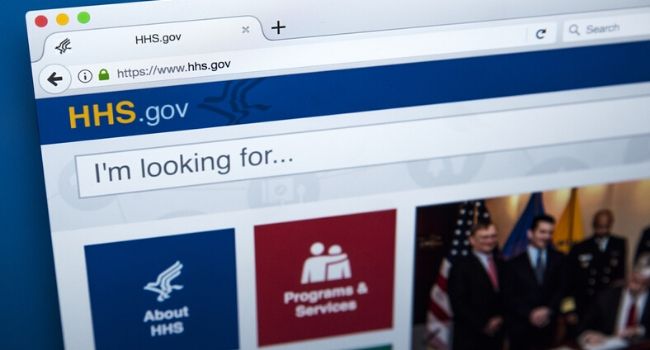
Cyber Attack Hits Department of Health and Human Services Amid Government Coronavirus Response
HHS officials said no personal data was accessed and the attack was not successful. But it could be a sign of things to come during the coronavirus pandemic.
- By Haley Samsel
- Mar 18, 2020
A cyber attack hit the Department of Health and Human Services on Sunday night that aimed to undermine the efforts of the agency to respond to the COVID-19 pandemic, according to Bloomberg News.
A foreign state is suspected in the attack, but the Trump administration has not confirmed what country was behind the effort. John Ullyot, a spokesman for the National Security Council, told Bloomberg that HHS and federal networks were “functioning normally” by Monday.
“We are aware of a cyber incident related to the Health and Human Services computer networks, and the federal government is investigating this incident thoroughly,” Ullyot said in a statement. “HHS and federal government cybersecurity professionals are continuously monitoring and taking appropriate actions to secure our federal networks.”
While Bloomberg originally referred to the cyber attack as a “hack,” later reports found that the incident actually involved a DDos (distributed denial of service) attack that does not involve a full breach. The agency’s servers were hit with millions of pageviews that are meant to slow the site down or bring it offline entirely, according to Recode.
The attack was ultimately not successful and no data was accessed, according to Bloomberg and follow-up reports. Caitlin B. Oakley, a spokesperson for HHS, also told Recode that the department’s cyber infrastructure was solid and “fully operational.”
“Early on while preparing and responding to Covid-19, HHS put extra protections in place,” Oakley said. “HHS has an IT infrastructure with risk-based security controls continuously monitored in order to detect and address cybersecurity threats and vulnerabilities.”
Washington Post national security reporter Ellen Nakashima later shared comments from a source at the Department of Homeland Security, who said that reports of the HHS attack were “overblown.” On a scale of 1 to 10, the incident registered as a 2, the source said.
On Tuesday, ZDNET reporter Catalin Cimpanu questioned if the “cyber incident” would even classify as an attack, as his DDoS mitigation services sources said they did not see an attack aimed at the HHS site. The issue looked like a “spike of legitimate traffic aimed at a website of interest to the general public,” Cimpanu wrote.
However serious the incident might have been, it could be a sign of events to come in the country’s efforts to combat the coronavirus pandemic.
In the past few months, security researchers have identified a surge of phishing campaigns trying to convince people to visit malicious coronavirus-related sites, preying on fear to get their personal information. In addition, State Department officials have previously linked disinformation campaigns about the virus to a Russian operation behind “swarms of online, false personas” spreading conspiracy theories online
About the Author
Haley Samsel is an Associate Content Editor for the Infrastructure Solutions Group at 1105 Media.